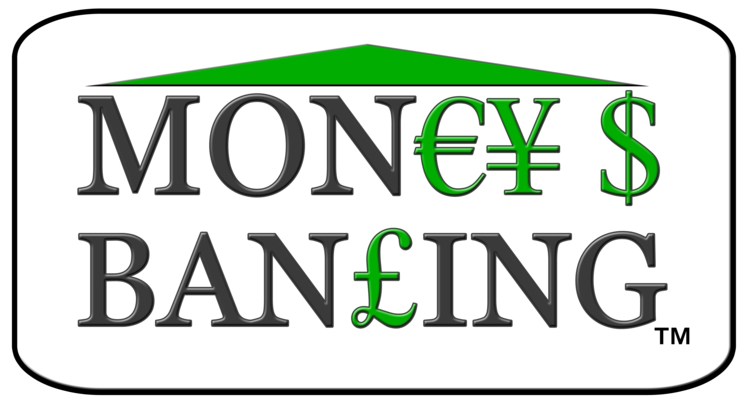Double-entry bookkeeping is an extremely powerful concept. Dating at least from the 13th century (or possibly much earlier), it is the idea that any increase or decrease on one side of an entity’s balance sheet has an equal and opposite impact on the other side of the balance sheet. Put differently, whenever an asset increases, either another asset must decrease, or the sum of liabilities plus net worth must increase by the same amount.
In this post, we provide a primer on the nature and usefulness of private sector balance sheets: those of households, nonfinancial firms, and financial intermediaries. As we will see, a balance sheet provides extremely important and useful information. First, it gives us a measure of net worth that determines whether an entity is solvent and quantifies how far it is from bankruptcy. This tells us whether an indebted firm or household is likely to default on its obligations. Second, the structure of assets and liabilities helps us to assess an entity’s ability to meet a lender’s immediate demand for the return of funds. For example, how resilient is a bank to deposit withdrawals?
After discussing how balance sheets work, we show how to apply the lessons to the November 2007 balance sheet of Lehman Brothers—nearly a year before its collapse on September 15, 2008….
Read More
